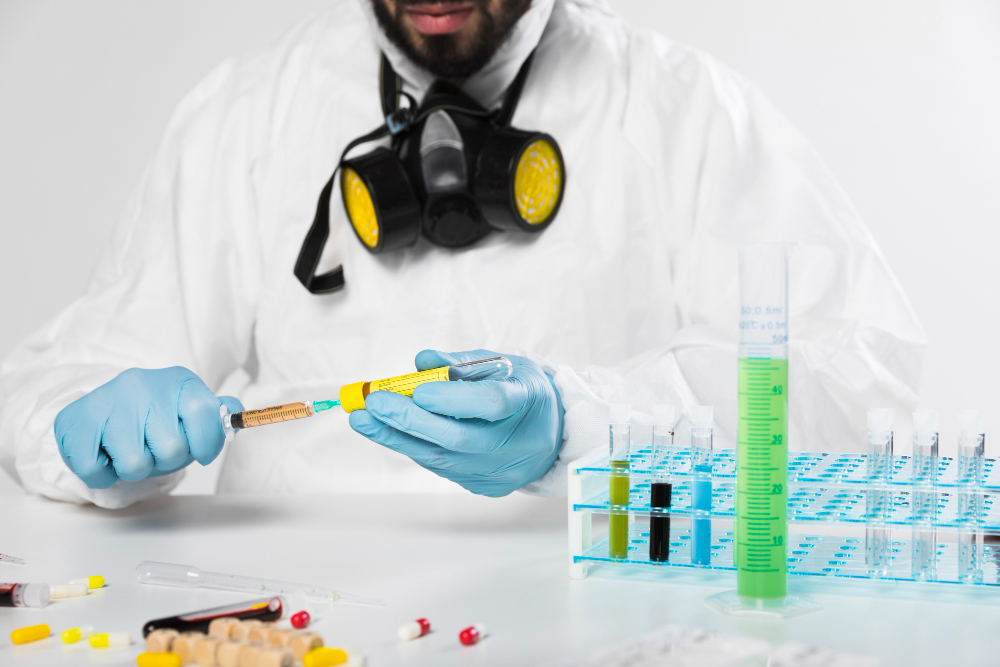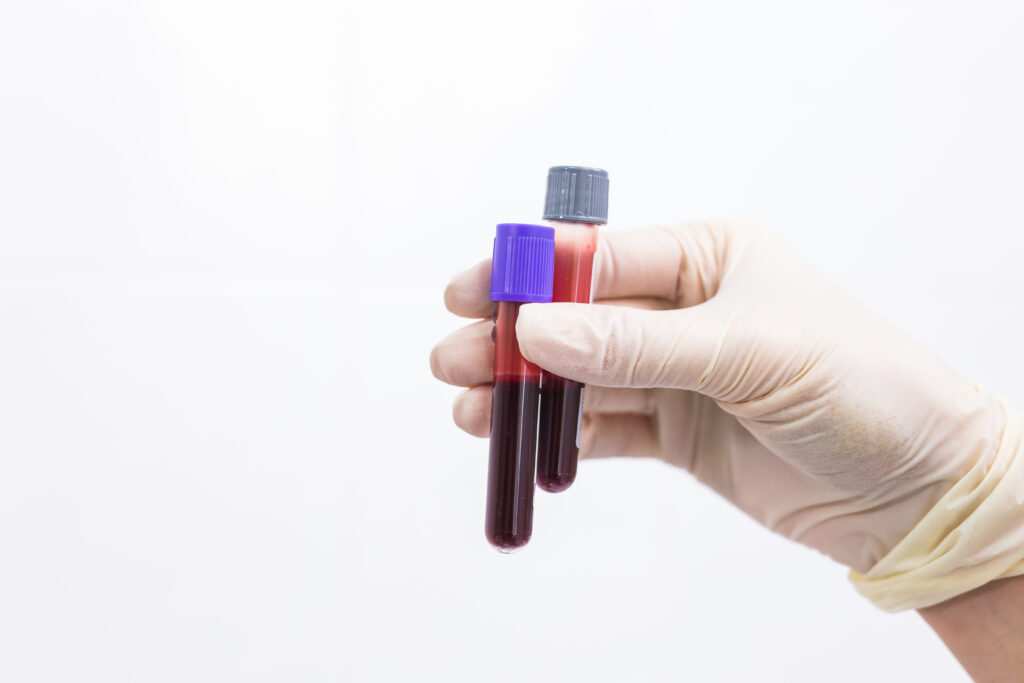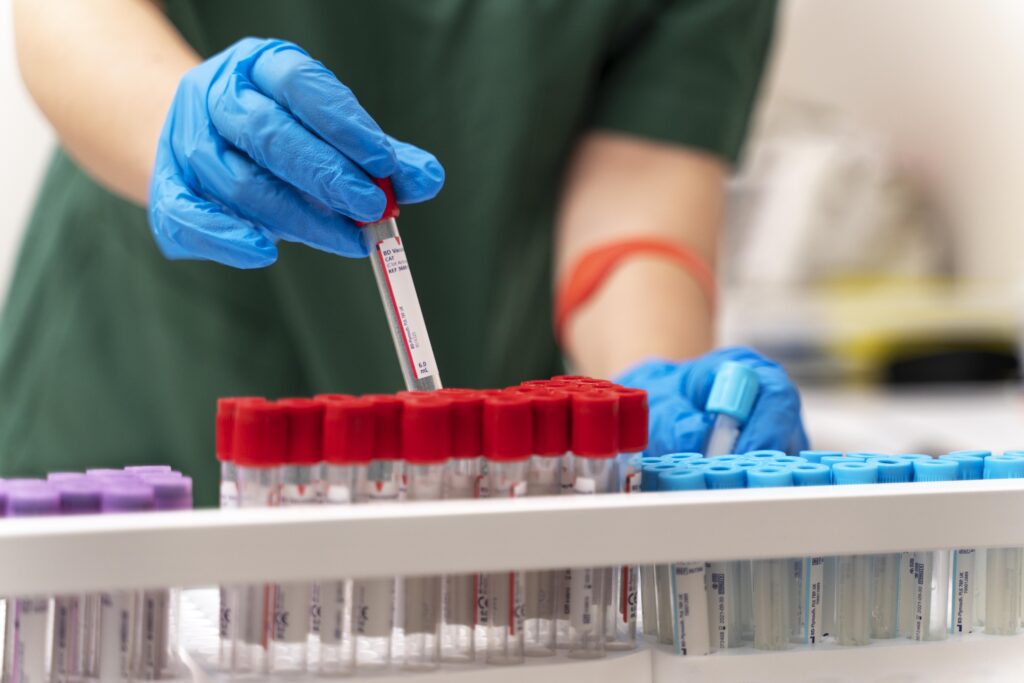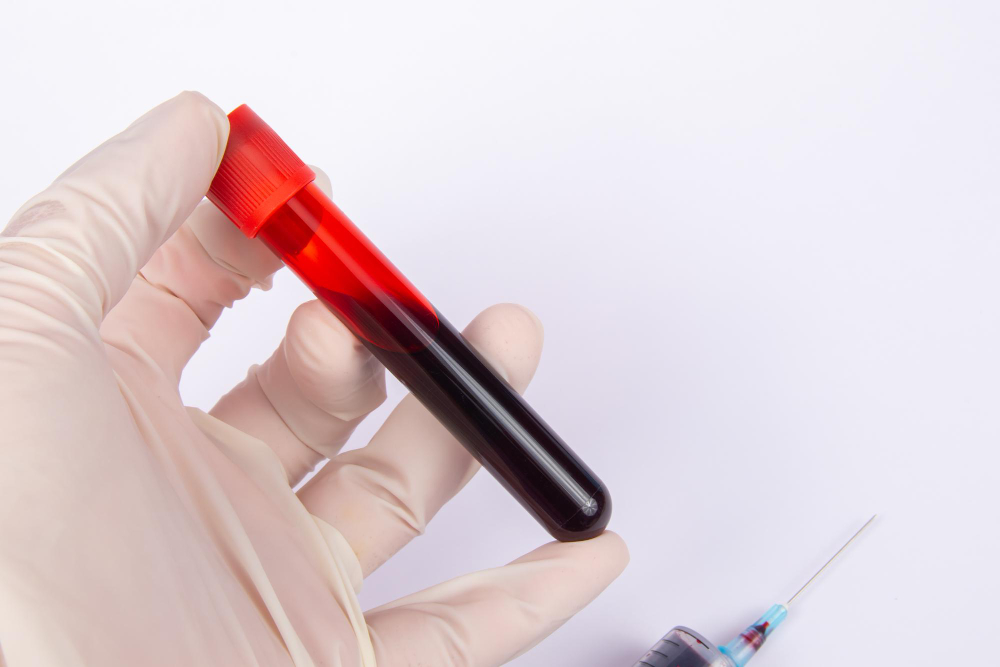Understanding Electrophoresis (Protein and Haemoglobin)

Introduction Electrophoresis (protein and haemoglobin) is a special blood test. It helps doctors check the types and amounts of proteins and haemoglobin in your blood. This test is important because it can find problems early. For example, it can help spot blood disorders, kidney disease, or some cancers. Many people have questions about the electrophoresis […]
Immuno Histochemistry: Understanding the Basics, Uses, and Importance in Pathology

Immuno histochemistry is a special lab test that helps doctors find diseases in tissue samples. In pathology, this method is very important. It uses antibodies to spot certain proteins in cells. Because of this, immuno histochemistry plays a key role in diagnosing many illnesses, including cancer. In this blog, you will learn what immuno histochemistry […]
Osmotic Fragility Test: Purpose, Procedure, and Results Explained

What Is the Osmotic Fragility Test? The osmotic fragility test is a special blood test. It checks how easily your red blood cells break apart when placed in different salt solutions. Doctors use this test to find out if your red blood cells are more fragile than normal. Often, the test helps diagnose certain blood […]
Troponin I Test: Myths vs Facts

The Troponin I test is a blood test that helps doctors check for heart damage. It is very important in heart health, especially when a heart attack is suspected. Because the Troponin I test is a key tool for heart attack diagnosis, many people have questions about what it can and cannot do. In this […]
Understanding the Ferritin Test: What It Is, Why It Matters, and How It Works

What is a Ferritin Test? The ferritin test is a simple blood test. It measures the amount of ferritin in your blood. Ferritin is a protein that stores iron in your body. Because of this, the ferritin test helps doctors check your iron levels. If you have too little or too much iron, it can […]
Understanding the Creatinine Clearance Test: Purpose, Procedure, and Results

The creatinine clearance test is a simple way to check how well your kidneys are working. Doctors often use this test to find out if your kidneys are filtering waste from your blood as they should. Because healthy kidneys are important for your overall health, knowing about this test can help you take better care […]
Understanding Reticulocyte Count: What It Is and Why the Test Matters

What is Reticulocyte Count? Reticulocyte count is a blood test that measures the number of young red blood cells, called reticulocytes, in your blood. Red blood cells carry oxygen throughout your body. Reticulocytes are new red blood cells made in your bone marrow. They enter your bloodstream before becoming mature red blood cells. Because of […]
Apolipoproteins Test: Importance, Procedure, and What Results Mean

Introduction The apolipoproteins test checks certain proteins in your blood. These proteins help carry fats, like cholesterol, through your body. Because of this, the apolipoproteins test is important for understanding your heart health. Many doctors use this test to find out if you have a higher risk of heart disease. In this blog, you will […]
Premarital Screening: Importance, Tests, and What to Expect

Introduction Premarital screening is a set of health checks for couples planning to marry. It helps find possible health risks before marriage. Many couples choose premarital screening to protect their future family. In fact, premarital screening can include premarital blood tests and genetic screening before marriage. These checks help couples make informed decisions. Early screening […]
Understanding the D Dimer Test: Purpose, Procedure, and Results

What is the D Dimer Test? The D dimer test is a simple blood test. It checks for a substance called D dimer in your blood. D dimer forms when blood clots break down in your body. Because of this, doctors use the D dimer blood test to help find or rule out blood clots. […]
